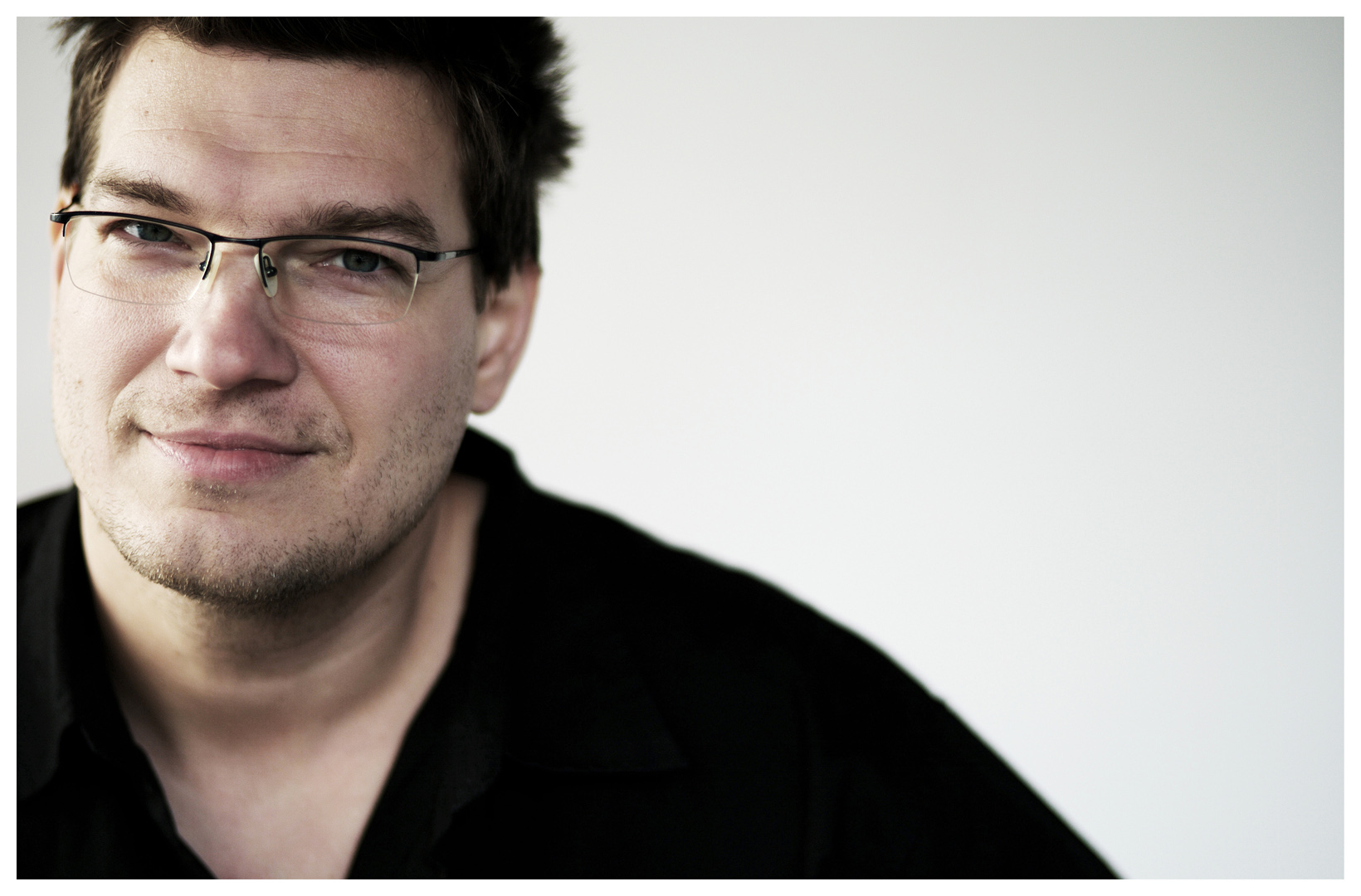North Macedonia, 2019
This brilliant documentary started its international journey as a multiple winner of this year’s Sundance festival - the best film in the world film selection, the best camera in the world documentary film selection and a special jury prize for its influence and change.
“Honeyland” is a film that takes us to the picturesque heights of one of the Macedonian mountains and leads us into the world of true, primeval values and relations between the man and the nature. This is a story of an awe-inspiring woman of not so pleasant physical appearance but yet surprising tenderness and delicacy. Atidže, the heroine, lives kilometers away from the civilisation, surrounded by the remains of the village, with no roads, electricity or water. She is the last one to share honey from the rocks with the bees. Just like old times, she relies on her skills of an experienced hunter to find the “gold” in the stone and manages to make a pact with the bees and the nature in her own, magic way. Even though coarsened by the way of living in the cruel surroundings, she is a surprisingly caring person, both to her old and feeble mother and the bees, which are regarded as her children. All of a sudden, the idyllic world of the overwhelming harmony is interrupted by the dramatic experience that challenges everything that Atidže is doing. Seemingly gifted by the presence of other people, especially by the presence of numerous, playful children, she is actually confronted with the actions and deeds that indicate more and more how modern man is distant from the real and vital sources of nature and how these sources are destroyed by his clumsy and insensitive actions. At the same time, just like in tragedies that happen naturally, Atidže also teaches us how to build up endurance and maintain dignity.
A small team of dedicated documentarists gave outstanding contribution to this glorious documentary. The camera and the photography of the two awarded cinematographers, Fejmi Daut and Samir Ljuma, created magical sights of the mountains, villages and village life and especially refined painting-like nocturnal scenes lit by the fire. The directing duo, Tamara Kotevska and Ljubomir Stefanov, take us gradually and without any questions into the impressive world made of lyrical and sharply worded moments of intimacy and visually rich and dynamic scenes. On top of that, the experienced producer and editor, Atanas Georgiev, creates an interesting and dramatic narrative through which he develops a rhythm that transforms the “Honeyland” into a real cinema treat.
Born 1975 in Skopje. Over 20 years of experience in development and production of communication concepts and documentaries related to environmental issues and human development. Working for clients such as UN agencies, Euronatur, Swisscontact etc.
Born in Prilep, 1993. Graduated film directing on the Faculty of Dramatic Arts - Skopje. Five years’ experience in documentary and fiction filmmaking as a freelance film director. Living and working in Skopje.
HONEYLAND
МЕДЕНА ЗЕМЈА
85 minutes
directed by: Tamara Kotevska and Ljubomir Stefanov
Ljubo Stefanov
Tamara Kotevska
Selected Collective Filmography























































